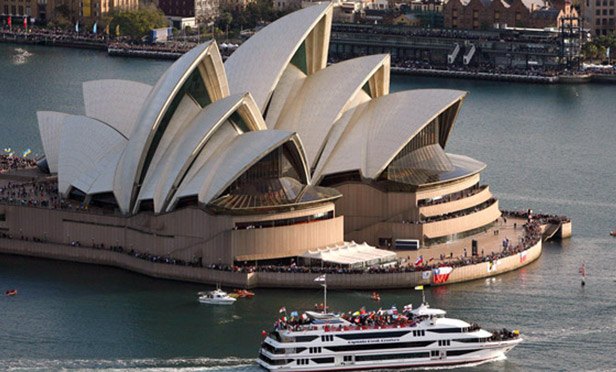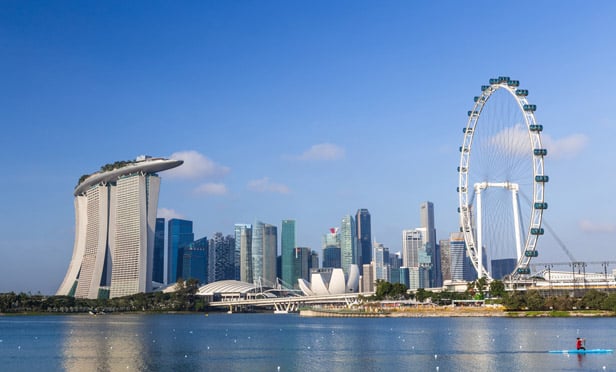London got bumped out of the top spot on the 24th Global Financial Centers Index, published Wednesday by Z/Yen Partners and the China Development Institute, think tanks based in London and Shenzhen.
London had reigned over the index since 2015, but uncertainty about the future shape of Brexit likely contributed to its comedown.
The index, which comes out in March and September, rates 100 financial centers across 137 instrumental factors grouped into five broad areas of competitiveness:
- Business Environment: political stability and rule of law, institutional and regulatory environment, macroeconomic environment, and tax and cost competitiveness
- Human Capital: availability of skilled personnel, flexible labor market, education and development, and quality of life
- Infrastructure: built infrastructure, ICT infrastructure, transport infrastructure and sustainable development
- Financial Sector Development: depth and breadth of industry clusters, availability of capital, market liquidity and economic output
- Reputation: city brand and appeal, level of innovation, attractiveness and cultural diversity, and comparative positioning with other centers
“In [the March] GFCI 23, the leading centers all rose and the lower ranked centers fell,” Mark Yeandle, director of Z/Yen and author of the GFCI, said in a statement. “There is a much less clear pattern in GFCI 24.”
The September index showed that North American centers fell back in the rankings and ratings overall. However, Los Angeles and Washington, D.C. moved up in the index.
In Western Europe, several financial centers that may be the main beneficiaries of the uncertainty surrounding Brexit moved up significantly in the rankings: Zurich, Frankfurt, Amsterdam, Vienna and Milan.
Centers in the Asia/Pacific region generally rose in the ratings, continuing a trend that has been apparent over several years. Shanghai, Sydney, Beijing and Guangzhou all have experienced steady increases.
In Central Asia and Eastern Europe, Astana, capital of Kazakhstan, and Tallinn, capital of Estonia, made significant gains. Astana only officially launched its financial center in July, yet ranked 61 out of 100 centers on the new index — unusually good performance for such a new center, according to the statement.
It said Tallinn’s strong performance — in 52nd place, up 27 from the March index — may reflect Estonia’s development of the e-society, including digital identity and smart ledger development, providing an alternative focus for the country’s competitiveness.
“Far too much attention is focused on the top centers and the blow-by-blow rankings they have,” Z/Yen’s executive chairman Michael Mainelli said in the statement.
“The long-term trend since our first published edition in 2007 has been the consistent and persistent rise of Asian centers while the press and pundits focus on brief headlines about London and New York City.”
Check out the top 15 financial centers in the September index. Note: in several instances, a ranking in one or more of the competitive groups was not available.
— Related on ThinkAdvisor:







 September 14, 2018 at 03:05 PM
September 14, 2018 at 03:05 PM


























 Slideshow
Slideshow





